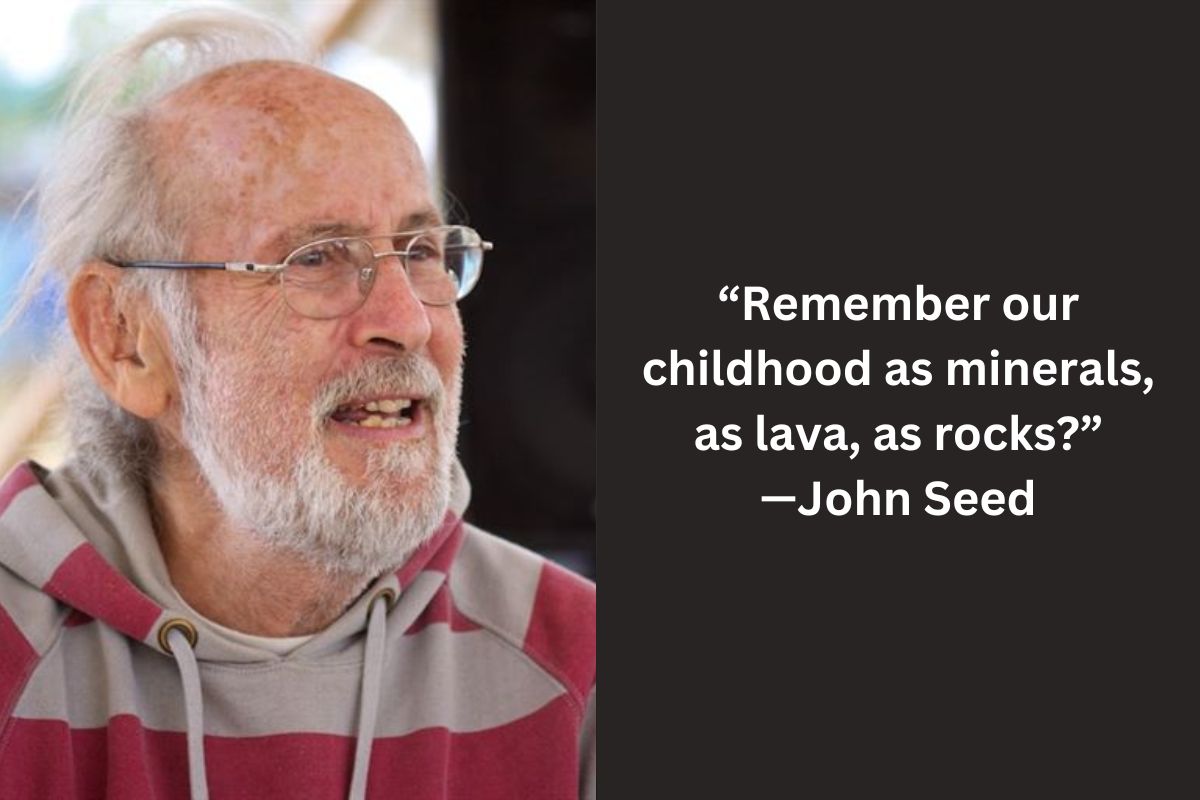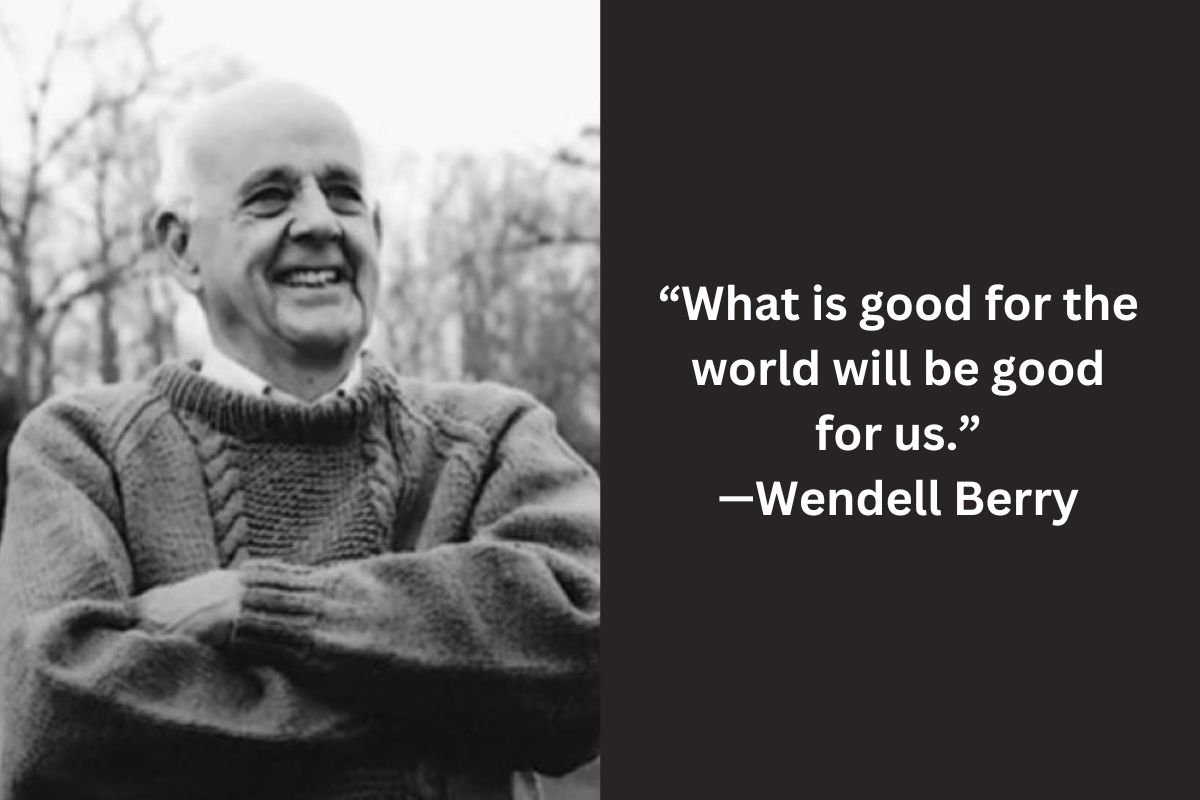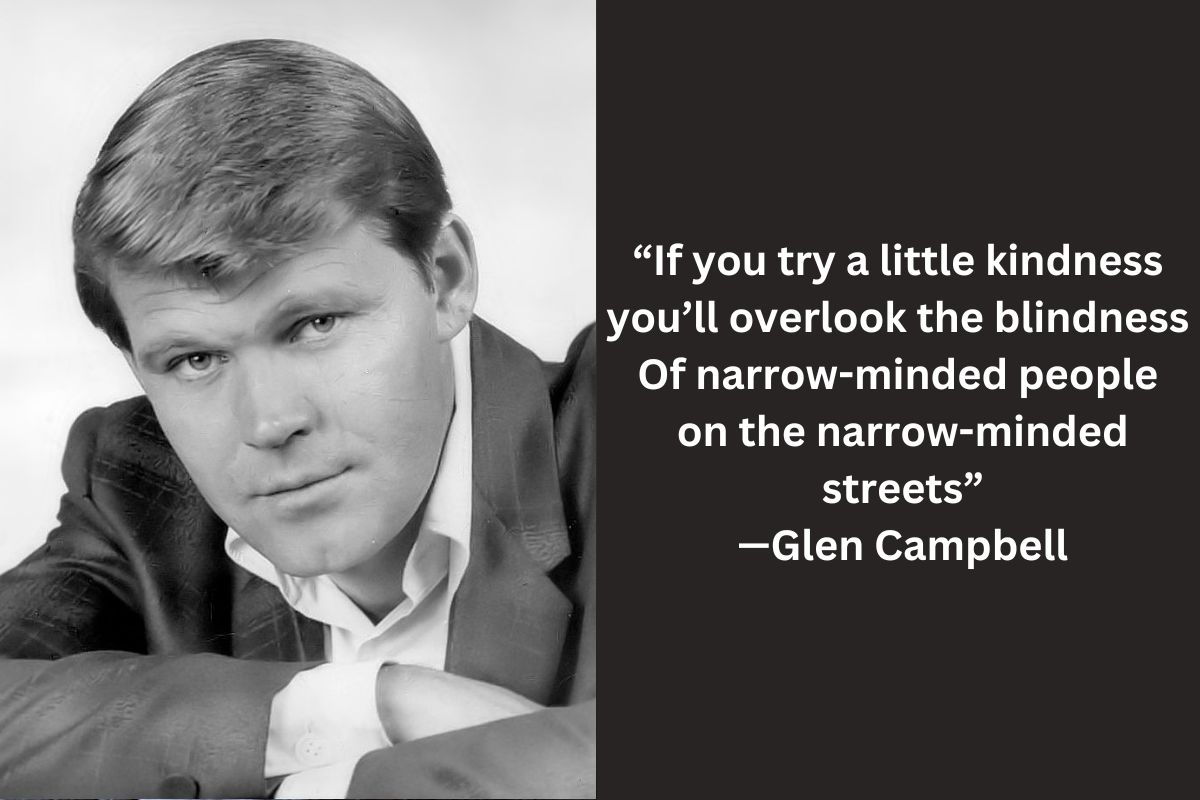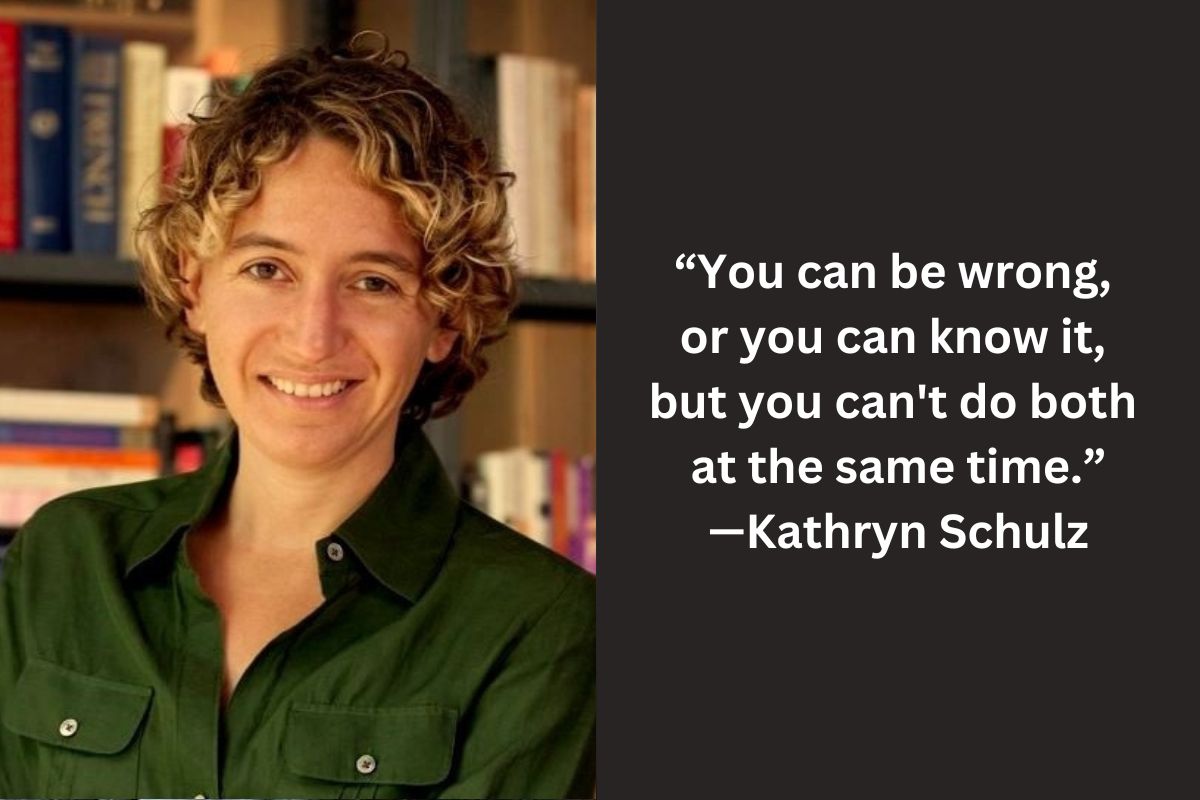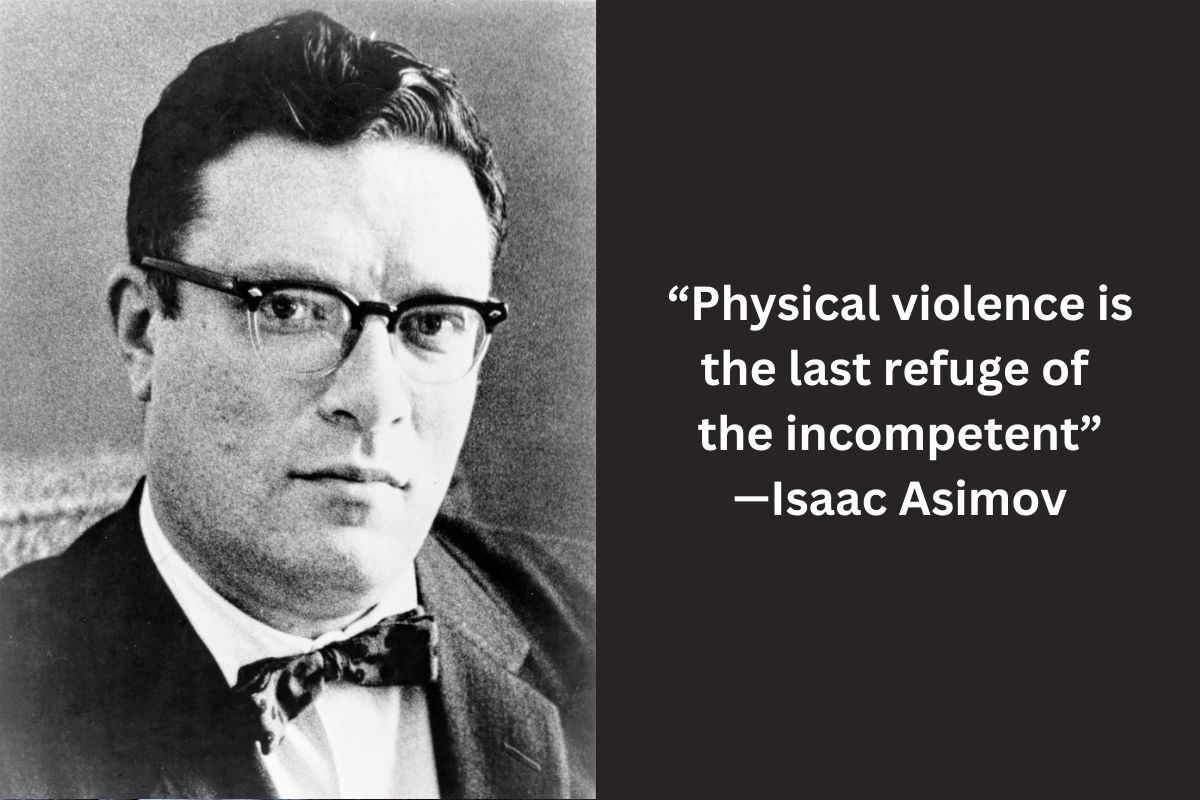 “In one of the episodes of On Being, the climate scientist Katharine Hayhoe told a story that may resonate with many of us who feel helpless in the face of the environmental crisis facing our shared home, “I was talking with a pastor [in Texas] just recently, and he asked me very genuinely, ‘How do I talk to people about climate change when the only solutions we are told is to stop eating meat, stop driving trucks, stop traveling, stop having children, basically, stop all these things that we often see as defining of who we are?'”
“In one of the episodes of On Being, the climate scientist Katharine Hayhoe told a story that may resonate with many of us who feel helpless in the face of the environmental crisis facing our shared home, “I was talking with a pastor [in Texas] just recently, and he asked me very genuinely, ‘How do I talk to people about climate change when the only solutions we are told is to stop eating meat, stop driving trucks, stop traveling, stop having children, basically, stop all these things that we often see as defining of who we are?'”
Indeed, it’s one thing being concerned about climate change but quite another to take action. For to take action requires us to change what we cherish most — who we are and what it is that we truly value in our life. This is what writer, poet, and farmer Wendell Berry explored in his beautiful paean to nature and all creation, and this is what deep ecologist and rainforest activist John Seed explores in a book of meditations and rituals titled Thinking Like a Mountain: Towards a Council of All Beings.

In the article “Beyond Anthropocentrism,” John Seed starts by warning us of what he calls “human chauvinism,” an idea that humans are the crown of creation, the source of all value, and the measure of all things. Deeply seated in our culture and our consciousness, this idea is at the heart of unavoidable disaster that threatens our global planetary ecosystem. Only when we question such egoic maxims the real change is possible. John Seed writes:
When humans investigate and see through their layers of anthropocentric self-cherishing, a most profound change in consciousness begins to take place. Alienation subsides. The human is no longer an outsider, apart. Your humanness is then recognized as being merely the most recent stage of your existence, and as you stop identifying exclusively with this chapter, you start to get in touch with yourself as mammal, as vertebrate, as a species only recently emerged from the rainforest. As the fog of amnesia disperses, there is a transformation in your relationship to other species, and in your commitment to them.
Drawing inspiration from North American forester-ecologist Aldo Leopold and his essay “Thinking Like a Mountain,” an organic part of A Sand County Almanac, John Seed admonishes us against trying to understand this transformation intellectually — for intellect is only one entry point, the easiest one — but to go deeper, to the very core of being. John Seed writes:
What a relief then! The thousands of years of imagined separation are over and we begin to recall our true nature. That is, the change is a spiritual one, thinking like a mountain, sometimes referred to as “deep ecology.” … As your memory improves, as the implications of evolution and ecology are internalized and replace the outmoded anthropocentric structures in your mind, there is an identification with all life. Then follows the realization that the distinction “life” and “lifeless” is a human construct. Every atom in this body existed before organic life emerged 4000 million years ago. Remember our childhood as minerals, as lava, as rocks? Rocks contain the potentiality to weave themselves into such stuff as this. We are the rocks dancing. Why do we look down on them with such a condescending air? It is they that are the immortal part of us.
Complement Thinking Like a Mountain with wise elder Wendell Berry on what is good for the world.

I’m a freelance writer with 6 years of experience in SEO blogging and article publishing. While you’re here, get the latest updates by subscribing to my newsletter.

